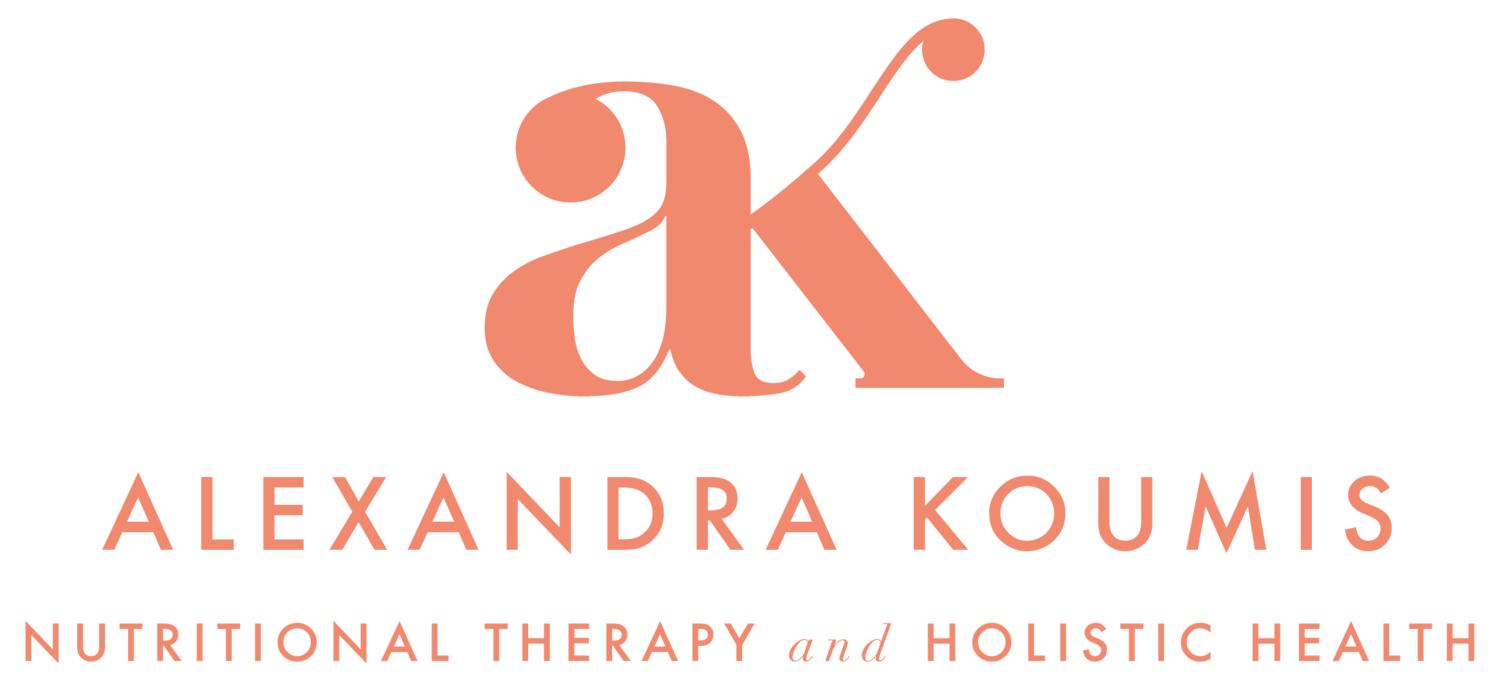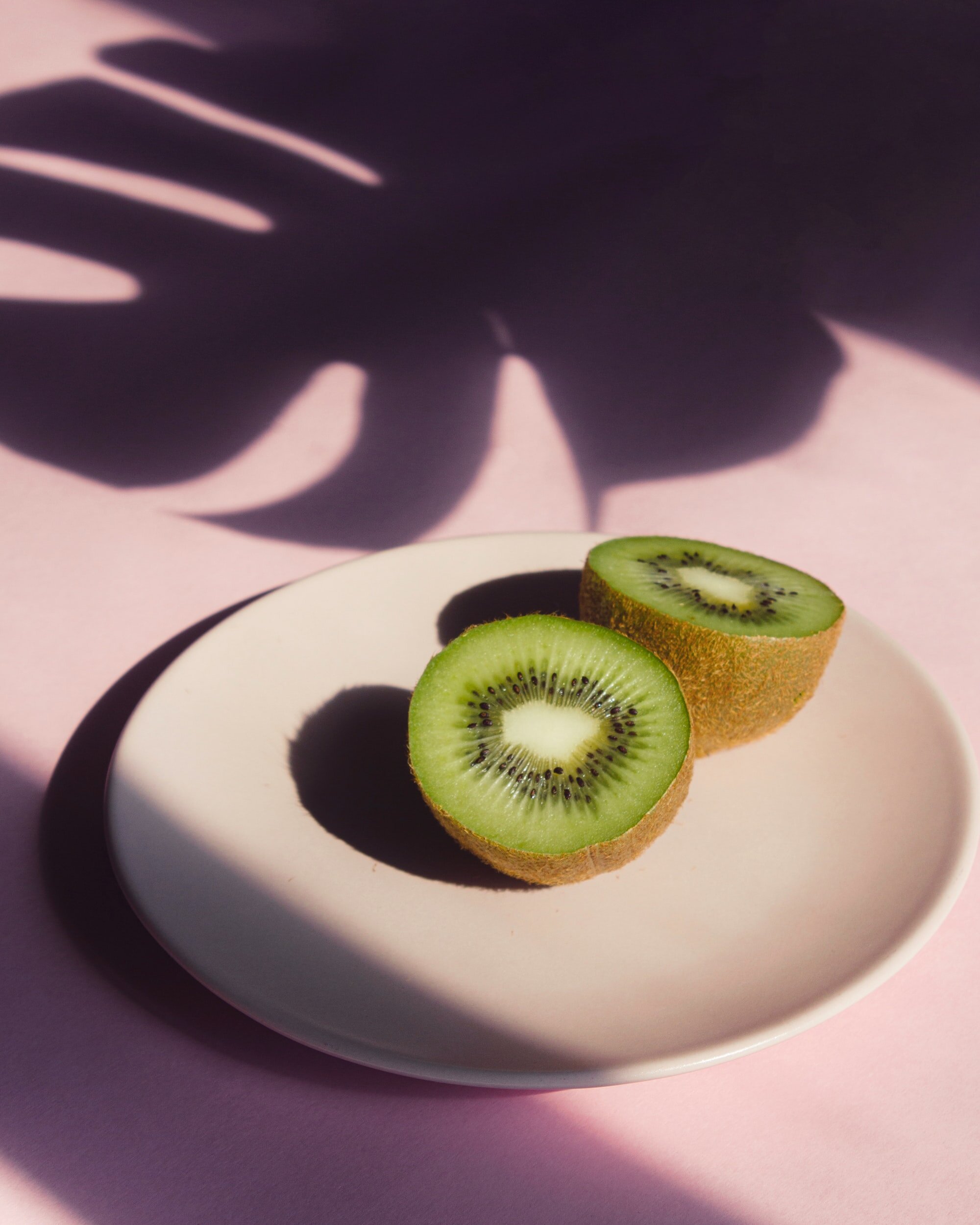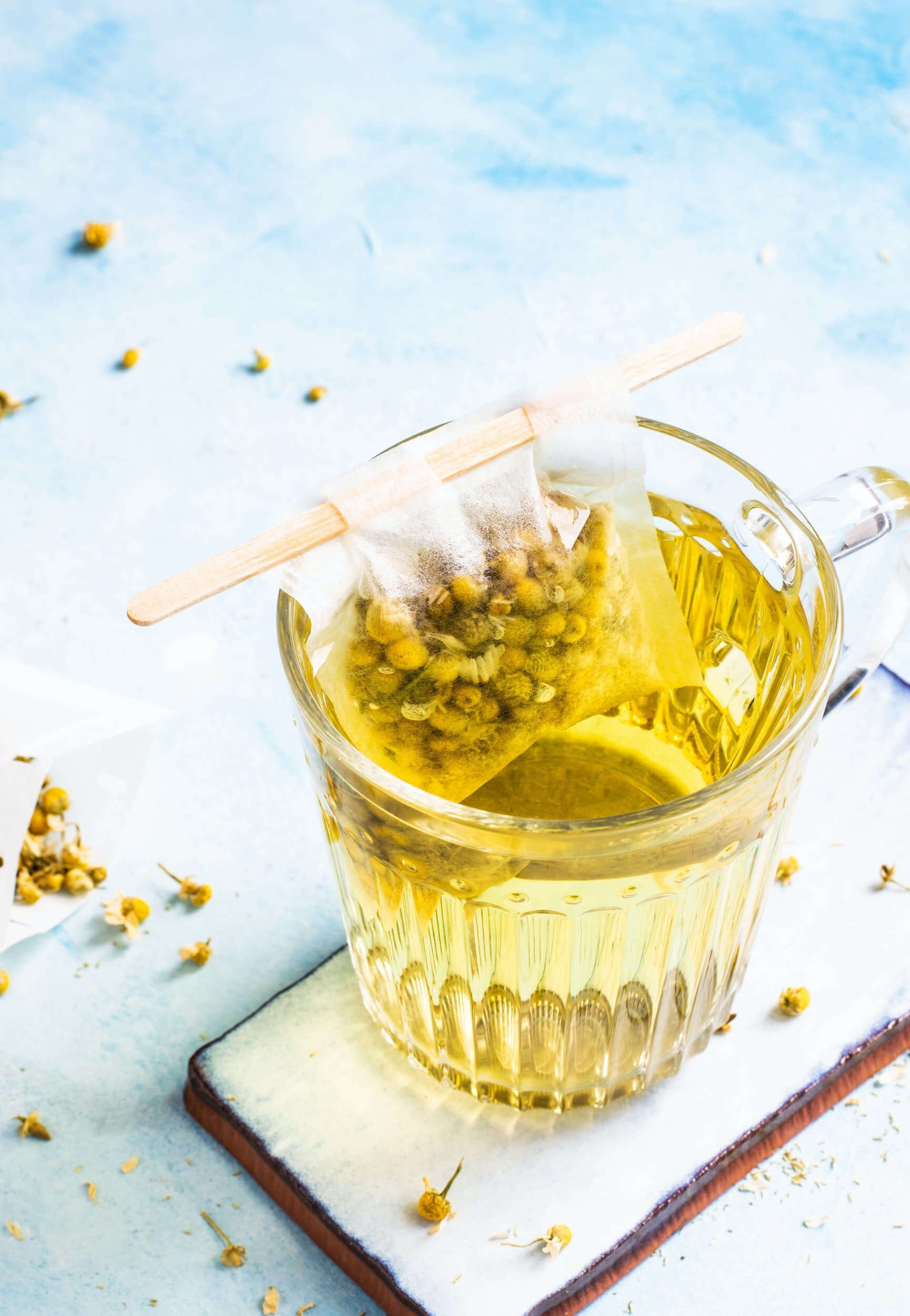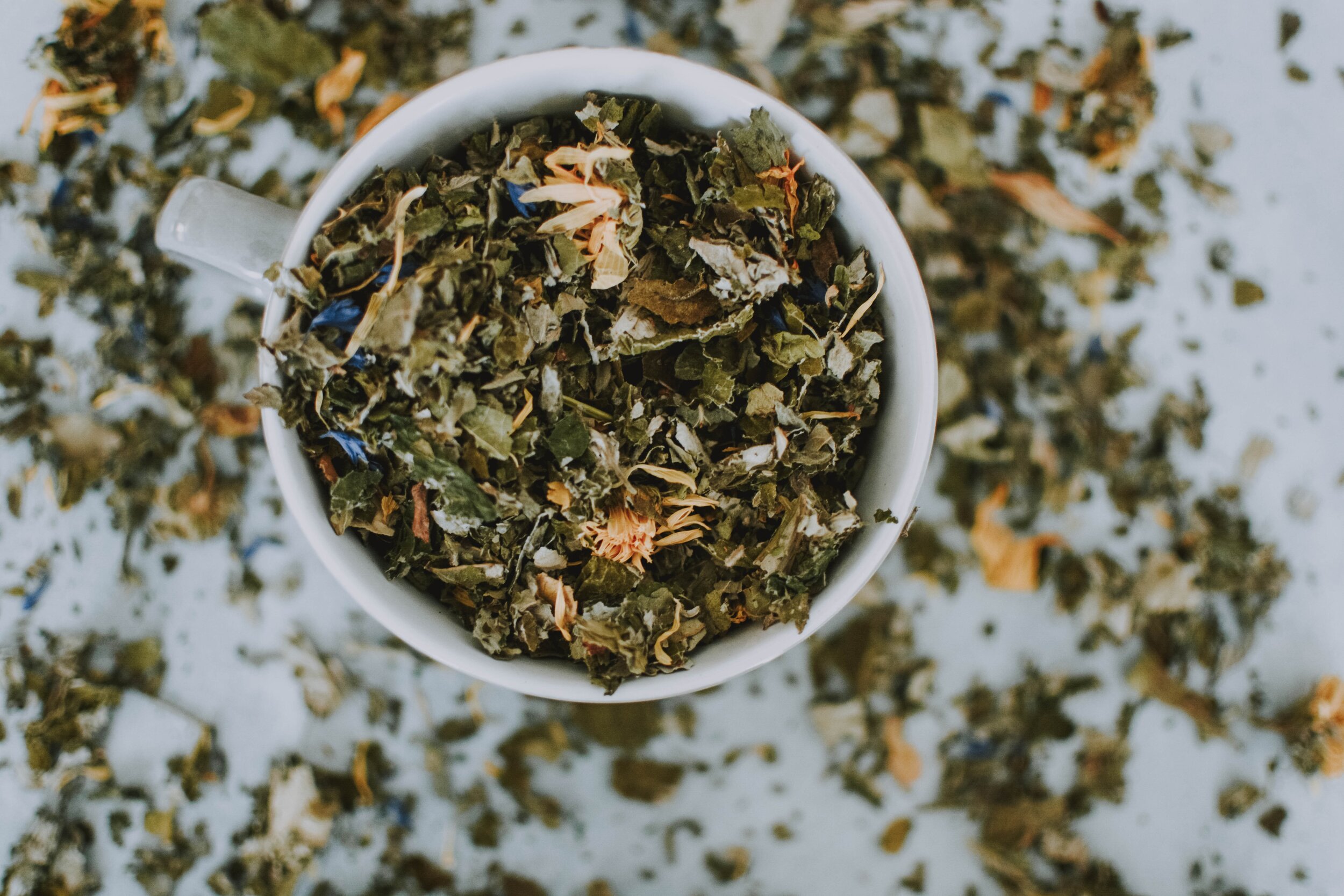Sweet dreams...
Can food really improve our sleep?
Are you struggling to sleep? You are not alone; insomnia is increasing, amongst all age groups, and the last year certainly hasn’t helped.
Sleep is essential for our health and wellbeing. Whilst you sleep your body is busy carrying out essential processes to keep you in tip top functional health!
This includes:
Building and restoring tissues and cells
Removing toxins
Producing essential hormones
Solidifies and retains new information
Strengthening neural connections
Without our quota of sleep we end up feeling pretty rubbish.
Hello poor concentration & memory, headaches, eye pain, moodiness, hunger, irritability, anxiety, depression, lowering of immune system, and (if you are like me) many of these occur all at the same time!
Sleep deprivation also messes with our hormones, from the balance between Cortisol (our awakening hormone) and Melatonin (our sleep hormone), to our satiety hormone Ghrelin. Meaning that the more tired we are the hungrier we get. Plus studies have shown we are more likely to make poor food choices when we are tired, which can lead to weight gain or opting for carbs and high sugar foods, sending our bloods sugars all over the place and exasperating sleep cycle issues! (1).
Nutritious food is one of the keyways we can influence better sleep, with studies showing correlation between diet and sleep quality, duration and a lower reported instance of insomnia. (1-2) To improve sleep, it is beneficial to improve production of Melatonin (our sleep hormone) through dietary sources. Many of these foods also help to calm the nasty symptoms sleep deprivation causes & I am all about multi-tasking when it comes to eating!
L-tryptophan is the amino acid precursor to Melatonin, so having a meal with foods that contain this amino acid is essential for a good night sleep (3). These are foods such as turkey, salmon and chicken, beans, chickpeas, chia seeds, oats, soybeans, nuts and seeds.
To make melatonin we also need plenty of nutrient co factors, these include the B vitamins, Magnesium, Iron and Vitamin C. These nutrients are easily obtained through eating plenty of fruits, vegetables, plant foods (legumes, beans, lentil, peas) and wholegrains.
We also want to be feeding ourselves good quality slow-release carbohydrates which keeps our blood sugars stable so that the body has enough energy to fuel itself overnight (as it is busy repairing, restoring and removing unneeded toxins). These foods include our starchy vegetables such as sweet potatoes, squashes, pumpkins and parsnips along with our wholegrains, brown rice, quinoa, oats, beans, lentils and chickpeas.
Don’t forget to get in your healthy fats, these are your Omega 3 fats found is oily fish such as Salmon, Mackerel and Sardines & in nuts such as Walnut & almonds. Omega 3 fatty acids have been found to improve sleep length quality and studies have shown that those with lower levels of omega 3 fatty acids also have lower levels of Melatonin (4-5).
A Mediterranean diet which is rich in whole foods, high is phytonutrients and offers excellent sources of proteins, complex carbohydrates and healthy fats has been shown to be beneficial for sleep promotion (6).
Sleep Super Foods
There are also some star foods which have been found to support our sleep:
Kiwi Fruit
A study showed that eating 2 kiwi fruit an hour before bed – improved sleep duration, slept more soundly and feel asleep quicker – a third quicker than usual! They also saw improvements in the length of time it took to drop off to sleep (8). These fruits are full of vitamin C, antioxidants, potassium and fibre which are excellent for supporting sleep, a healthy digestive system, mood and immune system. So definitely have some regularly, and if you are currently struggling with falling asleep you could try this out!
Another super food from the fruit bowl are Bananas, these are rich in both potassium and magnesium which calm and relax the body and mind (9-10), plus they also contain tryptophan which we need for Melatonin production.
Tart cherry juice
Tart cherry juice has also been shown to give an increase in melatonin and from its plant phytochemicals it reduces oxidative stress in the body which helps us to sleep, rest and repair. Studies have shown that consuming tart cherry juice twice per day for two weeks helped to reduce symptoms of insomnia and improve sleep quality (11-14).
Camomile Tea
Camomile tea is a fantastic tea that contain antioxidants which promote sleep, improve relaxation and reduce anxiety. It has also been shown to reduce insomnia and improve overall sleep quality (15-18).
Passionflower tea
Passionflower is another lovely herbal tea which helps promotes sleepiness. It has also been shown to increase the production of GABA which is our neurochemical that inhibits and slows our stress promoting neurotransmitters. Which helps us to become calmer and relaxed (19).
Studies have shown benefits in sleep quality (20).
Avoid sleep depriving stimulants
Avoiding stimulants to the body is another way to promote sleep – these are chemicals found in our foods, drinks and environments will interrupt our sleep and keep us wired when we should be in dreamland. Avoid Alcohol, Caffeine and Energy drinks 4-6 hours (or more) before bed. These are stimulants and will keep the body wired, interrupting the calming signals to sleep and rest. Even an ‘Options’ low fat, hot chocolate contains enough sugar to wire your body for hours! Not what you want to be consuming as a night time drink - try one of the calming teas below instead.
Processed sugary, fatty foods & white carbs which have no nutritional value and put strain on the body to process them. They also peak blood sugars giving us wired feelings, energy crashes and stop sleep signals. Studies have shown a direct correlation with nutrient poor refined white carbohydrates, high sugar and high starch foods (which are low glycemic) and low vegetable intake with poor sleep quality and insomnia (6-7).
Avoid nicotine and vaping – these contain chemical stimulants which keep you awake.
Finally allow yourself to chill!
Avoid strenuous exercise right before bed as this with be stimulating to the body and nervous system. Instead opt for gentle Yoga, such as Yin and restorative or try Yoga Nidra and meditation. Check out my yoga classes, here
REFERENCES:
Frank S, Gonzalez K, Lee-Ang L, Young MC, Tamez M, Mattei J. Diet and Sleep Physiology: Public Health and Clinical Implications. Front Neurol. 2017 Aug 11;8:393.
St-Onge MP, Mikic A, Pietrolungo CE. Effects of Diet on Sleep Quality. Adv Nutr. 2016 Sep 15;7(5):938-49.
Silber BY, Schmitt JA. Effects of tryptophan loading on human cognition, mood, and sleep. Neurosci Biobehav Rev 2010; 34:387–407.
Lavialle M, Champeil-Potokar G, Alessandri JM, et al. An (n-3) polyunsaturated fatty acid-deficient diet disturbs daily locomotor activity, melatonin rhythm, and striatal dopamine in Syrian hamsters. J Nutr. 2008 Sep;138(9):1719-24.
Gerstner JR, Perron IJ, Riedy SM, Yoshikawa T, Kadotani H, Owada Y, Van Dongen HPA, Galante RJ, Dickinson K, Yin JCP, Pack AI, Frank MG. Normal sleep requires the astrocyte brain-type fatty acid binding protein FABP7. Sci Adv. 2017 Apr 5;3(4):e1602663.
Katagiri R, Asakura K, Kobayashi S, Suga H, Sasaki S. Low intake of vegetables, high intake of confectionary, and unhealthy eating habits are associated with poor sleep quality among middle-aged female Japanese workers. J Occup Health. 2014;56(5):359-68.
Gangwisch JE, Hale L, St-Onge MP, Choi L, LeBlanc ES, Malaspina D, Opler MG, Shadyab AH, Shikany JM, Snetselaar L, Zaslavsky O, Lane D. High glycemic index and glycemic load diets as risk factors for insomnia: analyses from the Women’s Health Initiative. Am J Clin Nutr. 2020 Feb 1;111(2):429-439.
Lin HH, Tsai PS, Fang SC, et al. Effect of kiwifruit consumption on sleep quality in adults with sleep problems.Asia Pac J Clin Nutr 2011; 20 (2): 169-74
Murck H, Steiger A. Mg2+ reduces ACTH secretion and enhances spindle power without changing delta power during sleep in men — possible therapeutic implications. Psychopharmacology (Berl). 1998 Jun;137(3):247-52.
Held K, Antonijevic IA, Kunzel H, Uhr M, Wetter TC, Golly IC, et al. Oral Mg2+ supplementation reverses age-related neuroendocrine and sleep EEG changes in humans. Pharmacopsychiatry. 2002;35:135–43.
Pigeon WR, Carr M, Gorman C, Perlis ML. Effects of a tart cherry juice beverage on the sleep of older adults with insomnia: a pilot study. J Med Food. 2010 Jun;13(3):579-83.
Howatson G, Bell PG, Tallent J, et al. Effect of tart cherry juice (Prunus cerasus) on melatonin levels and enhanced sleep quality. Eur J Nutr 2012; 51(8): 909-16.
Garrido M, González-Gómez D, Lozano M, et al. A Jerte valley cherry product provides beneficial effects on sleep quality: Influence on aging. J Nutr Health Aging 2013; 17(6): 553-60
Losso JN, Finley JW, Karki N, Liu AG, Prudente A, Tipton R, Yu Y, Greenway FL. Pilot Study of the Tart Cherry Juice for the Treatment of Insomnia and Investigation of Mechanisms. Am J Ther. 2017 Mar 27. doi: 10.1097/MJT.0000000000000584.
Miraj S, Alesaeidi S. A systematic review study of therapeutic effects of Matricaria recuitta chamomile (chamomile). Electron Physician. 2016 Sep 20;8(9):3024-3031.
Zick SM, Wright BD, Sen A, et al. Preliminary examination of the efficacy and safety of a standardized chamomile extract for chronic primary insomnia: a randomized placebo-controlled pilot study. BMC Complement Altern Med 2011; 11(1):1.
Chang SM, Chen CH. Effects of an intervention with drinking chamomile tea on sleep quality and depression in sleep disturbed postnatal women: a randomized controlled trial. J Adv Nurs. 2016 Feb;72(2):306-15.
Abdullahzadeh M, Matourypour P, Naji SA. Investigation effect of oral chamomilla on sleep quality in elderly people in Isfahan: A randomized control trial. J Educ Health Promot. 2017 Jun 5;6:53.
Appel K, Rose T, Fiebich B, Kammler T, Hoffmann C, Weiss G. Modulation of the γ-aminobutyric acid (GABA) system by Passiflora incarnata L. Phytother Res. 2011 Jun;25(6):838-43. doi: 10.1002/ptr.3352. Epub 2010 Nov 19. PMID: 21089181.
Ngan A, Conduit R. A double-blind, placebo-controlled investigation of the effects of Passiflora incarnata (passionflower) herbal tea on subjective sleep quality. Phytother Res. 2011 Aug;25(8):1153-9. doi: 10.1002/ptr.3400. Epub 2011 Feb 3. PMID: 21294203.






